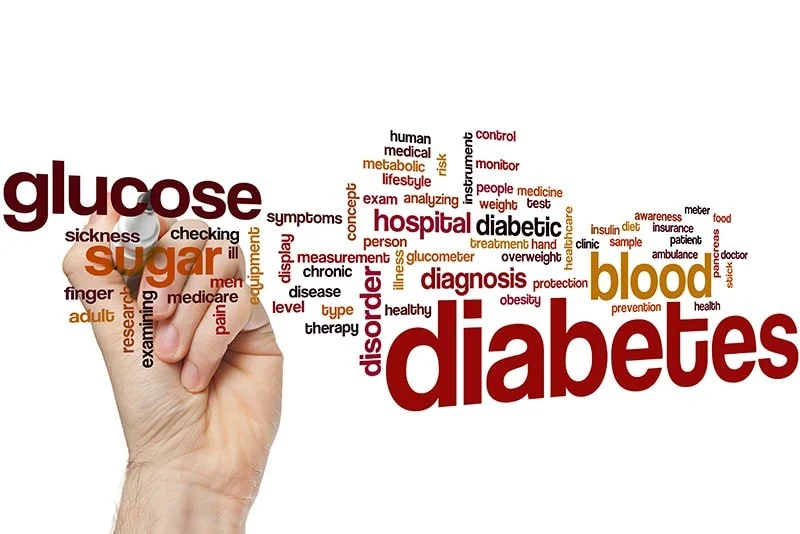What is a Concussion?
This sudden movement causes the brain to shift within the cerebrospinal fluid that cushions it inside the skull. Concussions often result from car accidents, sports injuries, or falls. They are a type of traumatic brain injury (TBI) that can affect brain function, including memory and cognition.
Although some concussions result in a loss of consciousness, not all do. Common symptoms include:
- Headache
- Nausea and vomiting
- Confusion
- Blurry vision
- Trouble concentrating
- Memory loss
- Sensitivity to light
How Does Functional Neurology Help Treat Concussions?
Functional neurologists take an integrative approach to treating concussions. Instead of focusing only on the pathology, we address the root causes of symptoms and imbalances caused by the traumatic brain injury.
At NorCal Brain Center, each patient undergoes a comprehensive exam to identify the best treatments. Our doctors create individualized treatment plans to reintegrate damaged brain areas, aiming to restore full brain function and improve overall well-being.
Do I Have a Concussion if I Don’t Lose Consciousness?
Contrary to popular belief, not all concussions cause loss of consciousness. In fact, fewer than 10% of concussions result in unconsciousness. Most people report symptoms like headaches, feeling dazed, confusion, and memory and cognitive difficulties after a traumatic brain injury.
Even mild concussions can negatively impact brain function, so it’s essential to monitor and treat all forms of TBI.
Can Diet and Nutrients Affect a Concussion?
Pharmaceutical drugs have not proven highly effective in treating concussions. However, certain vitamins, minerals, and nutrients can support recovery.
- Vitamins B, C, D, and E may help alleviate symptoms.
- Antioxidants like resveratrol (found in fruits and vegetables), omega-3 fatty acids, and magnesium are also beneficial for brain health.
Incorporating these nutrients through a balanced diet can aid concussion recovery and improve overall brain health.







